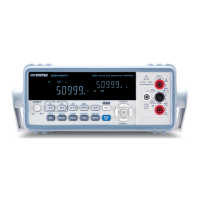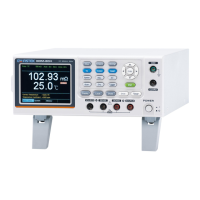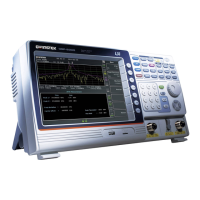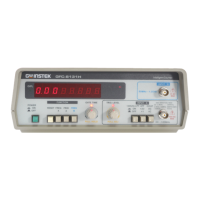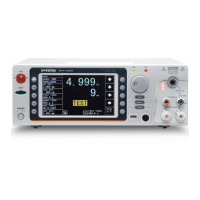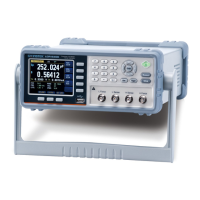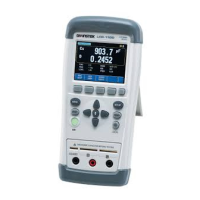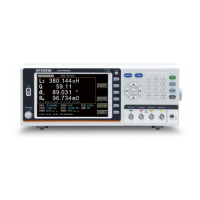[1]. The actual measurement range and test lead error will be constrained
by the adopted test lead. The test lead accuracy adder covers all errors
of measurements and ITS-90 temerature change.
The capacitor under test (Cx) is charged using a constant current source. The
time to charge Cx is recorded. The capacitor is then discharged using a known
resistance and the discharge time is recorded. The value of the resistance
depends on the capacitance range that is selected. The charge and discharge
time is used to calculate the capacitance of Cx if the selected capacitance
range is equal to or less than 10 nF. Only the charge time is used to calculate
the capacitance of Cx if the selected capacitance range is equal to or greater
than 100 nF.
As measuring capacitance with the DMM is effectively a DC measurement, the
measured capacitance tends to be higher than what is measured by LCR
meters.
For best measurement results, first perform a zeroing of the test leads when
the cables are “open” to compensate for the test lead capacitance.
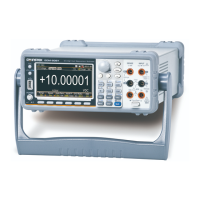
